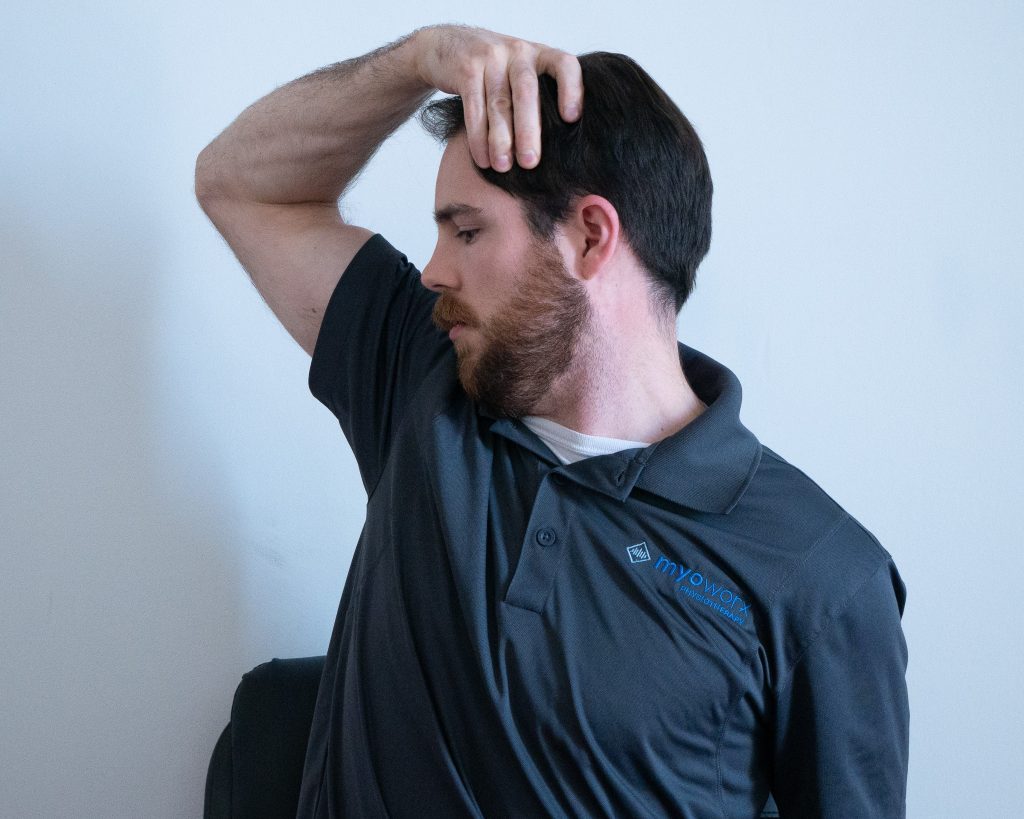Introduction
Concussions are often overlooked injuries that can lead to serious consequences if not identified and treated promptly. Understanding the nuances of concussion symptoms is essential for athletes, parents, coaches, and anyone involved in physical activities. This guide aims to equip you with the knowledge required to recognize concussion symptoms early, ensuring that those affected receive timely care from a medical professional or a concussion clinic.
In this comprehensive exploration, we will delve into various aspects of concussions, including common symptoms, diagnostic tools like the online concussion test, and effective therapy treatments. By the end of this article, you'll have a deeper understanding of how to navigate this critical issue.
Understanding Concussions
What Is a Concussion?
A concussion is a type of traumatic brain injury (TBI) caused by a blow to the head or body that causes the brain to move rapidly within the skull. This movement can result in chemical changes in the brain and damage to brain cells.
Common Causes of Concussions
Concussions can occur in numerous settings:
- Sports Injuries: Common among athletes in football, hockey, soccer, and other contact sports. Falls: Particularly prevalent among older adults or young children. Motor Vehicle Accidents: Sudden stops or collisions can lead to concussive injuries.
Why Recognizing Symptoms Early Matters
Recognizing concussion symptoms early is crucial because it allows for immediate intervention. Delayed recognition can lead to complications such as prolonged recovery times and increased risk for further injury.
Recognizing Concussion Symptoms Early: A Step-by-Step Guide
Step 1: Observing Immediate Signs After Impact
When an individual experiences a blow to the head or neck, it's important to observe them closely for immediate signs:
- Loss of consciousness Dizziness or disorientation Nausea or vomiting Slurred speech
Immediate Action Steps
If you observe any of these signs:
Ensure they sit down or lie down safely. Obtain medical assistance immediately. Document what you observed for medical professionals.Step 2: Monitoring Post-Injury Behavior
Even if no immediate symptoms are visible, it's essential to monitor the individual over time:
- Difficulty concentrating Unusual emotional responses (irritability) Changes in sleep patterns
Follow-Up Actions
If any new symptoms arise within hours or days:
Seek guidance from a healthcare provider. Use an online concussion test for preliminary assessment.Step 3: Utilizing Online Concussion Tests
With increasing awareness about concussions comes the advent of technology-driven solutions like online concussion tests. These tests can help gauge cognitive function and memory post-injury.
Benefits of Online Testing
- Accessible anywhere at any time Provides immediate feedback on cognitive status Helps track recovery progress
Common Concussion Symptoms Explained
Physical Symptoms
Headache Fatigue NauseaPhysical symptoms are often the most immediately recognizable signs of a concussion.
Cognitive Symptoms
Confusion Memory problems Difficulty concentratingCognitive symptoms may not manifest until later; thus regular monitoring is vital.
Emotional and Sleep Disturbances
Irritability or mood swings Changes in sleeping patterns (insomnia or hypersomnia)These often-overlooked symptoms can significantly affect overall well-being.
When to Seek Professional Help?
It's crucial to know when it's Click here time to consult professionals at a concussion clinic:
- Persistent headache lasting more than 24 hours Severe dizziness affecting balance Worsening confusion
Consulting with experts ensures proper diagnosis and effective treatment plans tailored specifically for each individual’s needs.
Therapy Treatments for Concussions
What Are Common Therapy Treatments?
Treatment options vary based on severity but generally include:
Rest and Recovery: The first step is always allowing your brain time to heal. Physical Therapy: Helps regain strength and balance. Cognitive Therapy: Supports memory recovery and cognitive functions. Medication Management: For pain relief without risking further injury.Preventing Future Concussions
While concussion symptoms it’s impossible to entirely eliminate risks associated with concussions, certain measures can reduce their likelihood:

FAQs About Concussions
FAQ 1: What should I do if I suspect someone has a concussion?
If you suspect someone has sustained a concussion, remove them from play immediately and seek medical advice as soon as possible.
FAQ 2: Can someone have a concussion without losing consciousness?
Absolutely! Many concussions occur without loss of consciousness; therefore, vigilance in observing other symptoms is essential.
FAQ 3: How long does it take to recover from a concussion?
Recovery times vary but typically range from several days up to weeks depending on severity; ongoing assessments at a concussion clinic may be necessary.
FAQ 4: Are there long-term effects associated with concussions?
Yes, repeated concussions can lead to chronic traumatic encephalopathy (CTE), which affects cognitive function over time.
FAQ 5: Can children experience concussions differently than adults?
Yes! Children often lack the verbal skills needed to communicate their symptoms effectively, making parental observation even more critical.
FAQ 6: Is it safe for someone who has had a concussion to return to sports?
No athlete should return until they’ve been cleared by healthcare professionals familiar with concussion protocols; early return increases risk for further injury.
Conclusion
Recognizing concussion symptoms early is paramount in safeguarding both physical health and cognitive well-being after sustaining an injury. This step-by-step guide serves as your companion in navigating through potential situations involving concussions—whether you're an athlete, parent, coach, or simply an advocate for health awareness in your community.
By following these outlined steps—from observing immediate signs post-impact through seeking professional help at specialized clinics—you'll ensure that individuals receive timely care tailored specifically for their needs while minimizing risks associated with untreated concussive injuries.
Remember that education plays a pivotal role; understanding what constitutes normal behavior versus concerning symptoms could very well be life-saving—so stay informed!
This comprehensive guide should empower readers with valuable insights into recognizing various aspects related to concussions while encouraging proactive measures towards prevention and recovery strategies through professional channels like therapy treatments available at specialized clinics dedicated solely toward handling such cases efficiently!